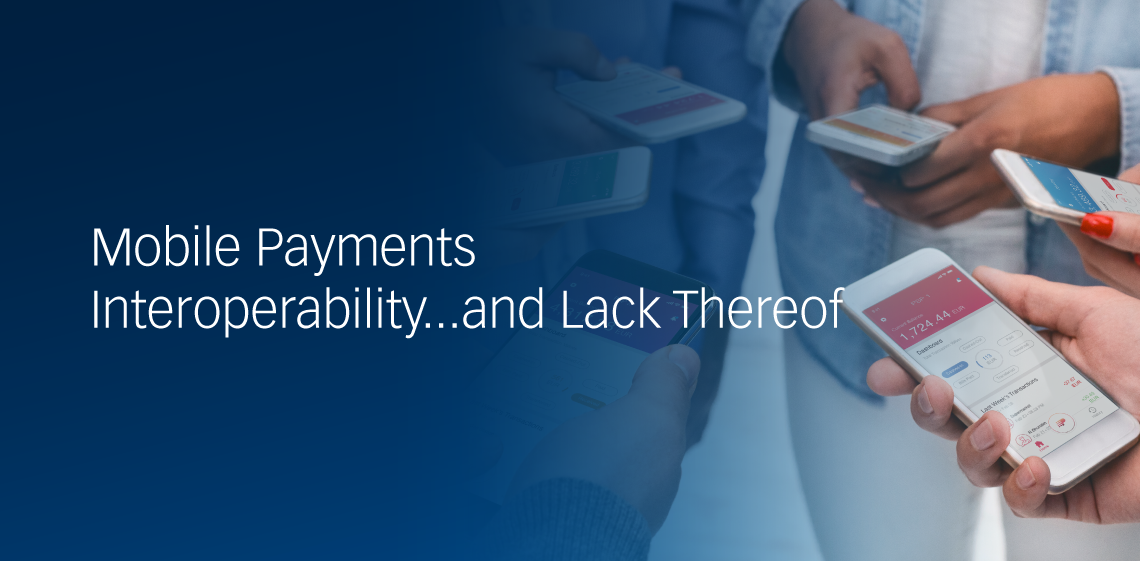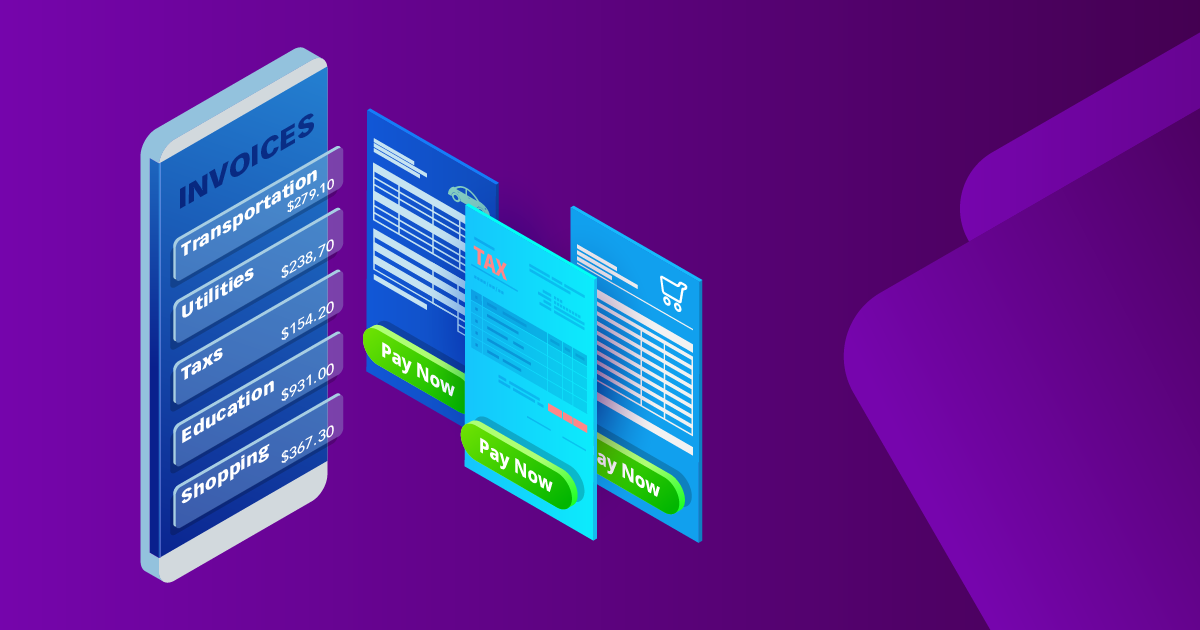
December 2, 2020
Mobile Payments Interoperability... and Lack Thereof

In several nations across the globe, the regulatory expectations and legal frameworks of the mobile payments environment have not yet been sharply defined. Many mobile payment service providers are not abiding by any well-defined regulatory requirements, end-users are lacking confidence in the security of mobile payment transactions and the development of mobile payment services in a number of countries is being halted.
Evidently, the impediment of financial inclusion is no coincidence; in most nations, cash remains to be considered as an ideal and convenient payment method because the conditions for accessing and trusting mobile payments are not yet favorable. Consequently, central banks require full management and control over mobile payments stakeholders to ensure the safety of banked and unbanked citizens.
To this end, and prior to the dominance of mobile payment technologies, ProgressSoft Corporation anticipated the need for an interoperable national mobile switch essential for central banks to manage all stakeholders in the mobile payments cycle. In 2008, ProgressSoft introduced the world to its Interoperable Mobile Payment Switch, PS-mpClear, a national mobile payment switch that provides central banks with control capabilities over the mobile payments ecosystem and promotes financial inclusion through allowing unbanked user participation in the financial system.
PS-mpClear processes interbank and interprocessor mobile payment transactions and supports the processing and switching of mobile financial and non-financial transactions on a straight-through processing basis. It promotes financial inclusion through the provision of payment services for unbanked users, while clearing and settling the payment transactions in central bank money.
As a centralized switching and clearing solution, PS-mpClear eliminates the need for bilateral agreements between mobile payment service providers, granting them an open, interoperable system. With a centralized database for all authorized participants in the system, central banks are able to utilize a real-time solution to oversee the financial stability of mobile payment service providers and assure their monetary soundness.
Launched in 2014 by the Central Bank of Jordan, PS-mpClear has successfully placed the Kingdom of Jordan at the forefront of financial inclusion efforts on a global scale. The solution has fulfilled the Central Bank of Jordan’s switching, clearing and regulatory roles including single financial transaction switching and processing, clearing of transactions between different financial institutions and integration with the central bank’s Real-Time Gross Settlement System (RTGS). Today, the Central Bank of Jordan is monitoring cashflow and overseeing all mobile payment transactions in the Kingdom, including micropayments. It is now empowered to regulate mobile payments, manage the financial stability of mobile payment service providers and assure their compliance with its regulations.
In 2017, PS-mpClear was launched in the Sultanate of Oman, helping it attain one more milestone for the national payment systems of the Central Bank of Oman; the provision of a secure, instantaneous funds transfer mechanism through the use of mobile devices. Accessibility, convenience and security were attained by the new implementation, and ever since, the wider use of electronic payments has been encouraged in the Sultanate.
Today, as billions of mobile payment transactions approach the trillion mark, an interoperable and well-defined mobile payments infrastructure is no longer supplemental to central bank payment systems, it is absolutely essential for empowering mobile payment services and facilitating financial inclusion efforts.


